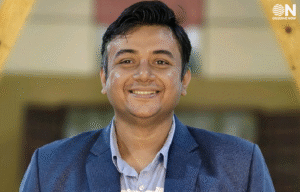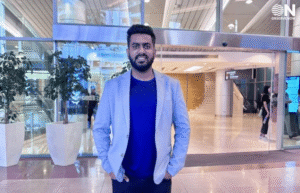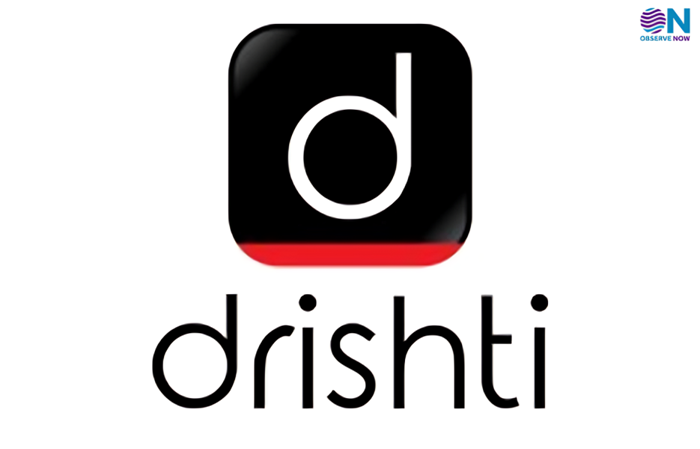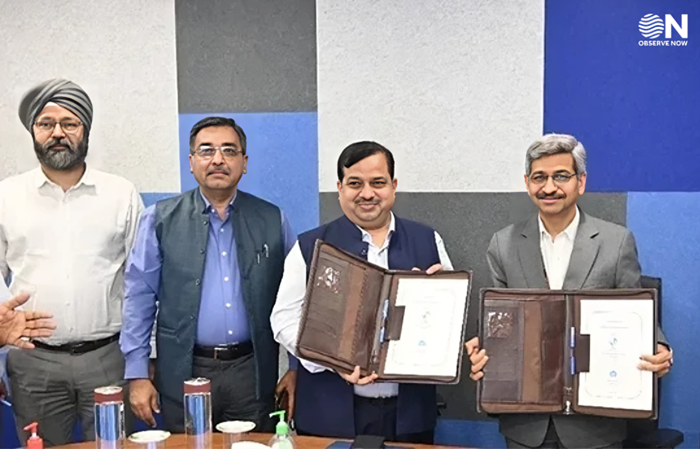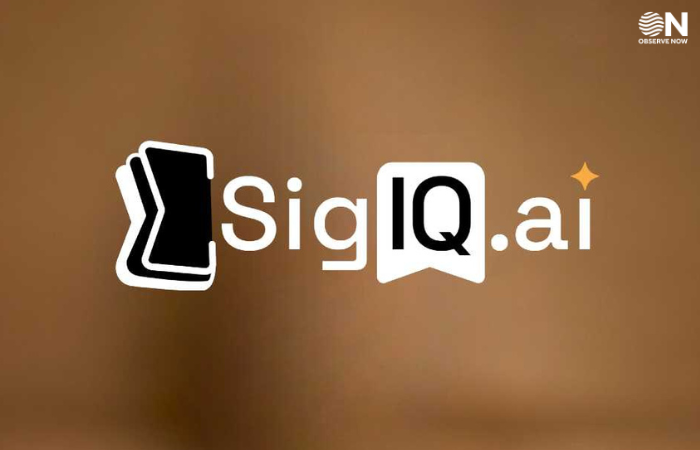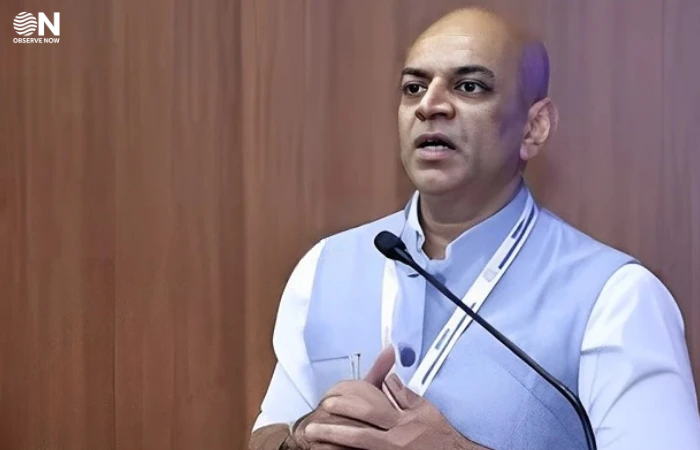Revolutionizing B2B Marketing: How GenAI is Transforming Content & Customer Engagement
The landscape of B2B marketing is evolving rapidly, with Generative AI (GenAI) emerging as a transformative force. In 2025, GenAI is no longer just a tool for efficiency but a strategic enabler for creating personalized, scalable, and impactful customer engagements. Here’s how it is reshaping the B2B marketing ecosystem.
Content Creation Revolutionized
GenAI has dramatically accelerated content creation processes. Tools like GPT-4 and other advanced models enable marketers to produce high-quality blogs, whitepapers, and email campaigns in minutes. This efficiency has reduced production cycles by nearly 50%, allowing more time for strategy and innovation. According to Forrester, 65% of B2B marketers are already experimenting with or using AI for content planning and production, leveraging its ability to repurpose and refresh content dynamically.
However, challenges persist. Many organizations struggle with fragmented workflows and disconnected tools, which hinder seamless content personalization. Forrester’s 2024 survey revealed that only 5% of U.S. AI decision-makers expect ROI within a year, emphasizing the need for a unified approach to maximize GenAI’s potential.
Hyper-Personalization at Scale
Personalization has always been critical in B2B marketing, but GenAI now enables it at unprecedented levels. By analysing vast datasets, AI crafts highly targeted messaging tailored to individual buyer personas. For instance, Salesforce found that personalized campaigns powered by AI can increase conversion rates by up to 35%.
For instance, a leading SaaS provider recently utilized GenAI to craft dynamic email sequences based on real-time prospect interactions. This not only improved response rates but also created a more meaningful connection between brand and audience. The key takeaway? AI is not replacing human creativity; it’s amplifying it, allowing marketers to focus on strategy while AI takes care of execution.
Breaking Language and Cultural Barriers
Global B2B enterprises are leveraging GenAI for real-time multilingual content creation. This capability ensures that messaging remains contextually relevant while maintaining brand consistency across regions. A CSA Research study found that companies using AI-driven localization achieved a 40% increase in market penetration. By bridging language gaps, GenAI empowers businesses to expand into new markets seamlessly.
Reimagining the Customer Journey with AI
GenAI is redefining customer engagement by enabling real-time interaction and predictive insights. AI-powered tools analyse behavioural data to deliver tailored recommendations, improving customer satisfaction and driving revenue growth. According to McKinsey, companies excelling in personalization see 40% higher revenue growth compared to their peers.
Moreover, conversational AI interfaces like chatbots are becoming indispensable in customer interactions. By 2025, research predicts that AI will drive 95% of customer engagements, handling routine inquiries while freeing human agents for complex tasks. These advancements enhance both cost efficiency and user experience.
The Path Forward: Strategic Adoption
While GenAI offers immense potential, its success depends on strategic implementation. Organisations must align their AI initiatives with business goals and invest in training teams to adopt these technologies effectively.
As we move further into the AI-driven era, the focus must shift from short-term productivity gains to long-term transformation. Companies that embrace GenAI as a strategic ally will not only enhance operational efficiency but also deliver meaningful, human-centric experiences.
As marketing leaders, we must see GenAI not as a replacement for creativity, but as a catalyst for deeper connection, global reach, and human-centric innovation.
Authored Article by Pooja Vashisht, Head – Marketing & Communication, Techno Electric & Engineering Pvts Ltd.
Disclaimer: The views expressed in this article are solely those of the author and do not necessarily reflect the opinions or policies of ObserveNow Media. The author is solely responsible for ensuring the accuracy, completeness, and validity of the information presented, encouraging readers to independently verify and seek professional advice if needed.




